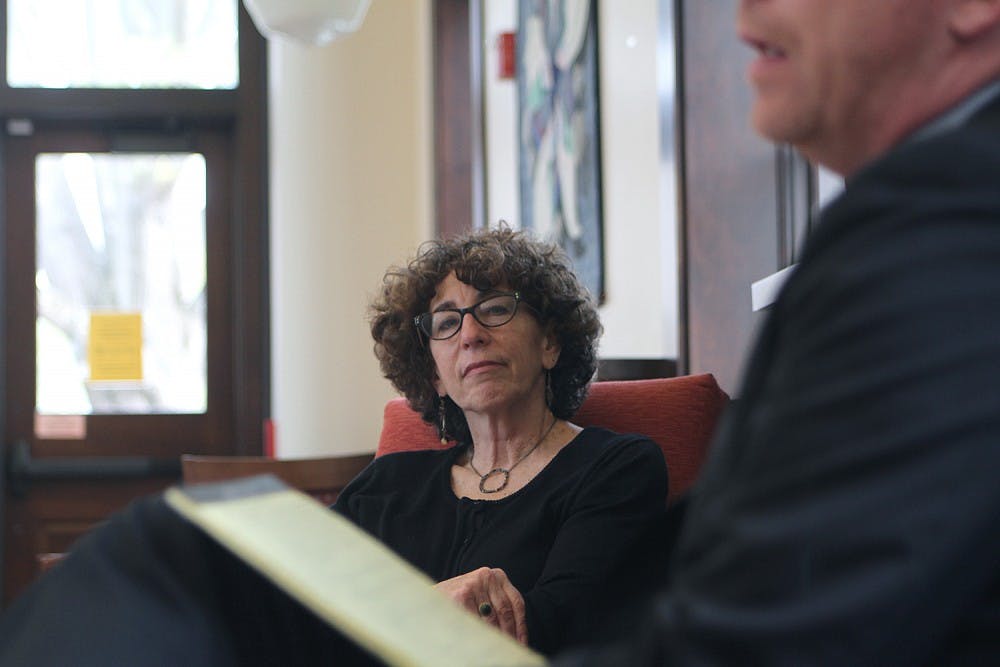There’s no interaction with other humans. There’s no natural light. There’s nothing to keep your mind occupied.
This was the picture that Deborah Weissman, a UNC law professor, painted of prisoners’ solitary confinement on Wednesday night at the Campus Y.
The Criminal Justice Awareness and Action committee of the Campus Y hosted an event to talk about solitary confinement in North Carolina.
“There is a growing national solidarity movement to end solitary confinement because solitary confinement has been identified as torture,” Weissman said.
Weissman, an adviser for the 225-page “Solitary Confinement as Torture” report released in 2014 by the Human Rights Policy Seminar at UNC’s School of Law, used the United Nations Convention Against Torture to classify solitary confinement as torture.
The convention defines torture as “any act by which severe pain or suffering, whether physical or mental, is intentionally inflicted on a person for such purposes as obtaining from him or a third person information or a confession, punishing him for an act he or a third person has committed or is suspected of having committed...”
By this definition, Weissman and other prisoners’ rights activists believe that solitary confinement is torture.
Chris Brook, legal director for the American Civil Liberties Union of North Carolina, said not all groups are equally represented in solitary confinement — mentally ill people, for example, are found in solitary confinement in disproportionately large numbers.



